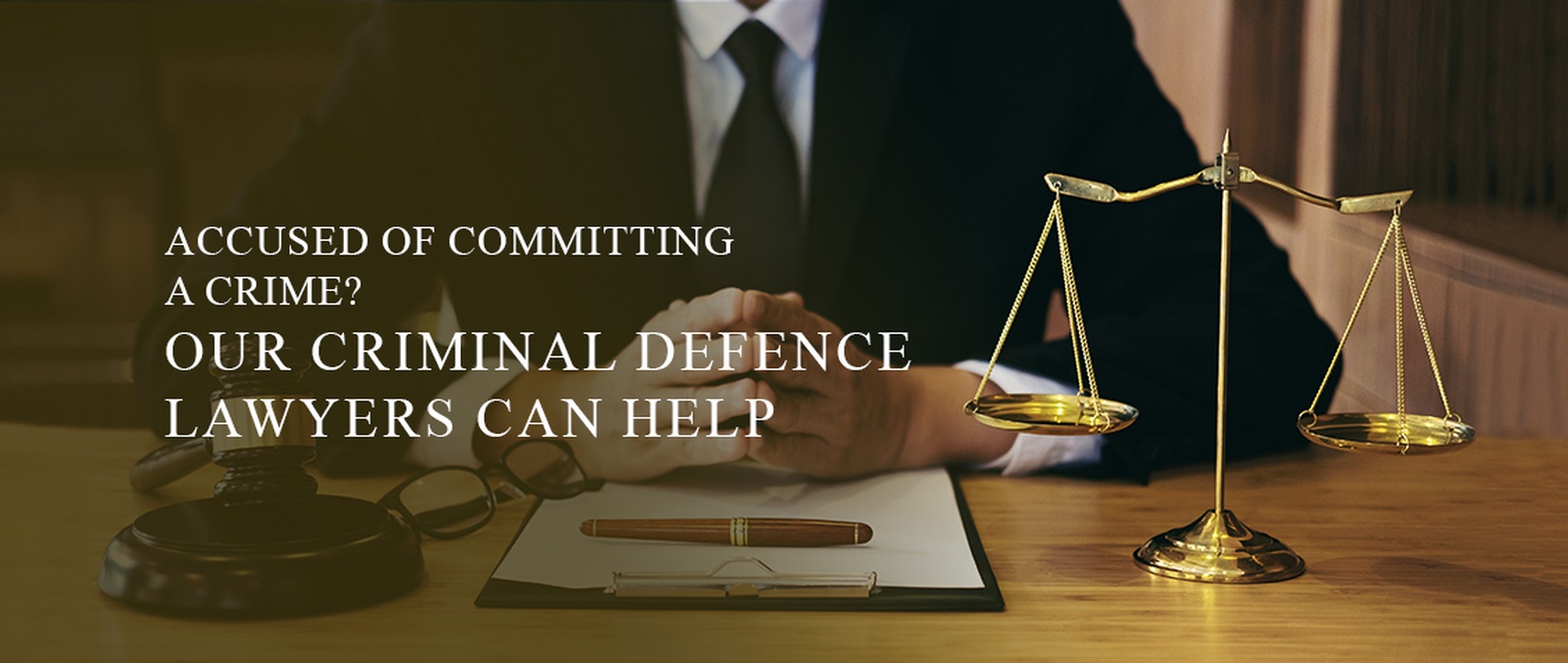
If you, or someone you know, is facing a criminal charge in Ontario, then choosing a Criminal Defence Lawyer is one of the most important decisions you will make.
The lawyers at JSM Law are skillful in the defence representation they provide from the earliest stages of criminal process through to trial, with an emphasis on client services, professionalism and zealous advocacy.
Every case receives close attention and the highest quality of legal representation.
Our Law Firm offers expertise in the following Criminal Law matters:
- Criminal Defence
- Summary Offences
- Indictable Offences
- Bail Hearings
Why You Should Choose JSM Law?
- Our Law Firm is client-focused and results-driven.
- Our Law Firm consists of experienced professionals with proven records of success.
- JSM Law will protect your interests.
- We offer competitive contingency fee structures.








